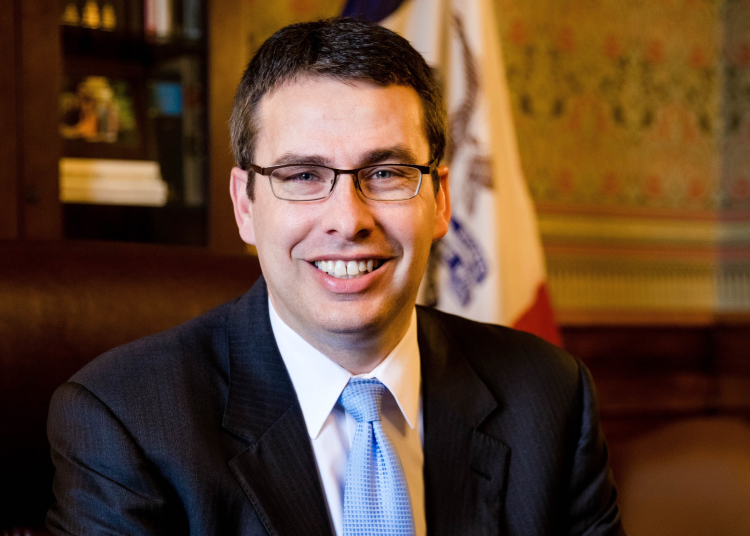By Scott Stines / Guest Editorial
Linn County residents vote March 5 on a proposed private casino. Residents have defeated two previous gambling initiatives during the past 15 years.
Is a casino right for Linn County? Will a casino stimulate economic development, tourism and jobs? How will a private casino impact other Linn County businesses? The answers to these questions have been the same over the past 15 years; the only thing that has changed are the investors behind each of the three gambling/casino plans.
The Linn County casino is not about real economic development. It is about greed. I’m not opposed to individuals or businesses investing their money where they believe they will generate the greatest return, but when that investment will have a negative financial and social impact on the community in which I live — and serve to degrade the quality of life we all value so much — I’m opposed.
Dozens of independent and unbiased studies demonstrate that a casino only contributes to economic development when it can draw most of its customers from outside its market and separate them from their money. That keeps the benefits at home and distributes the costs elsewhere, because people take their losses and problems back with them to their home markets. The proposed casino is not a “destination” casino, it is an “urban” casino with no hotel or other amenities to attract tourists.
Casino investors’ own study suggests that if their casino grossed $80 million in revenue, about $18 million would come from existing regional casinos. Most of the remaining $62 million will be spent and lost by local Linn County residents. As a result, little new money will come to Linn County. The casino will result in the transfer of money from one group, local casino losers, to another, private casino owners. Additional state and federal taxes will have little or no direct impact on Linn County. Money paid to Cedar Rapids (the casino’s proposed location) and Linn County government will not begin to cover resulting infrastructure, regulatory, criminal and social costs.
Entertainment businesses (bars, restaurants, theaters) will be the hardest hit by a casino. Discretionary dollars for entertainment are finite. A big time at the casino will mean a lunch won’t get bought at Emil’s Deli, a round of drinks won’t be bought at Parlor City or tickets won’t be purchased for a performance at The Paramount, CSPS or Theatre Cedar Rapids. Some businesses will close and jobs will be lost. The businesses supplying those businesses will grow smaller, leading to more job losses. Some argue a casino is “just another business” and that “competition is good.” In reality, local entertainment businesses don’t compete on a level playing field when it comes to a casino. You can’t gamble or smoke at other entertainment businesses and food and drink are not priced artificially low to attract and keep customers gambling.
Proximity to a casino increases the likelihood of problem gambling and 1-3 percent will become problem gamblers. This results in increased personnel costs to businesses through job absenteeism and declining productivity. The best workers, Type A personalities, are the most likely to become pathological gamblers. The associated costs of divorce, bankruptcy, embezzlement and social services result in a negative cost/benefit ratio; some estimate $3 in cost for every $1 in benefit.
Casino proponents talk about jobs and taxes because those are a casino’s only benefits. The other half of the casino balance sheet reveals higher infrastructure costs, increased crime, large social welfare costs and the economic disruption of other businesses. Casino gambling and the gambling philosophy are directly opposed to sound business principles and economic development. Linn County gambling was a bad idea back in the 1990s, a bad idea in 2003 and is still a bad idea in 2013, for all the right reasons. Please join me March 5 in voting for Linn County and against a Linn County casino.
Scott Stines is president of mass2one LLC, a marketing company in Hiawatha.




